Currently Not Collectible
The Internal Revenue Service (IRS) will place a taxpayer’s account on a Currently Not Collectible (CNC) status when they have determined that the IRS is presently unable to collect the taxes from the taxpayer by full payment, through an Installment Agreement or by way of an Offer in Compromise. Once the account is placed on a CNC status, the IRS does not pursue collection activity against the taxpayer and the statute of limitations on the tax liabilities will continue to run. Generally, unless the taxpayer’s financial situation changes, the account will remain on a CNC status until the tax liabilities expire. However, if the taxpayer’s financial situation improves the account will be taken off of CNC status so that the IRS can collect the taxes through full payment or an Installment Agreement.
When a taxpayer has a negative cash flow and has equity in assets that the taxpayer is dependent upon, the taxpayer could attempt to resolve their account by having their account placed on a CNC status depending on their circumstances. For CNC status, the underlying issue is that liquidation of a particular asset is either not feasible or would cause a financial hardship.
For prompt evaluation of your case, we encourage you to contact us. You may also contact us using our toll-free number at 866.494.6829


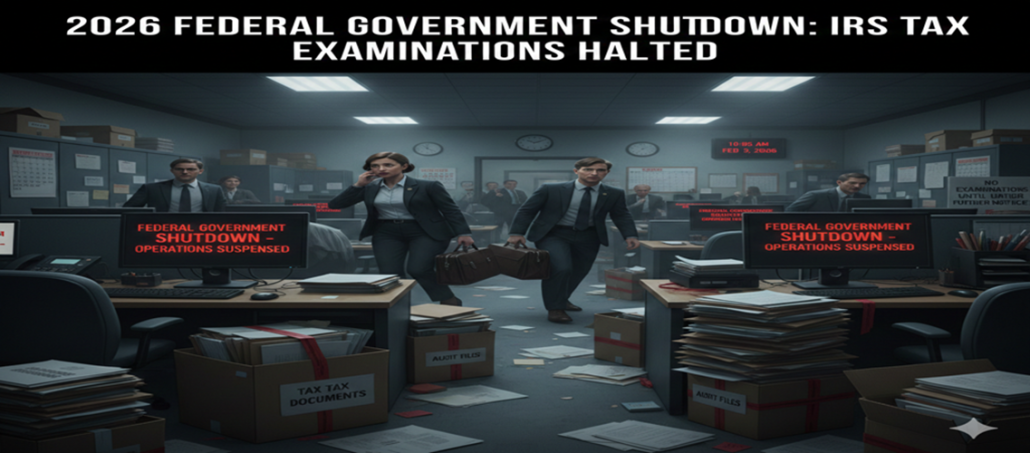






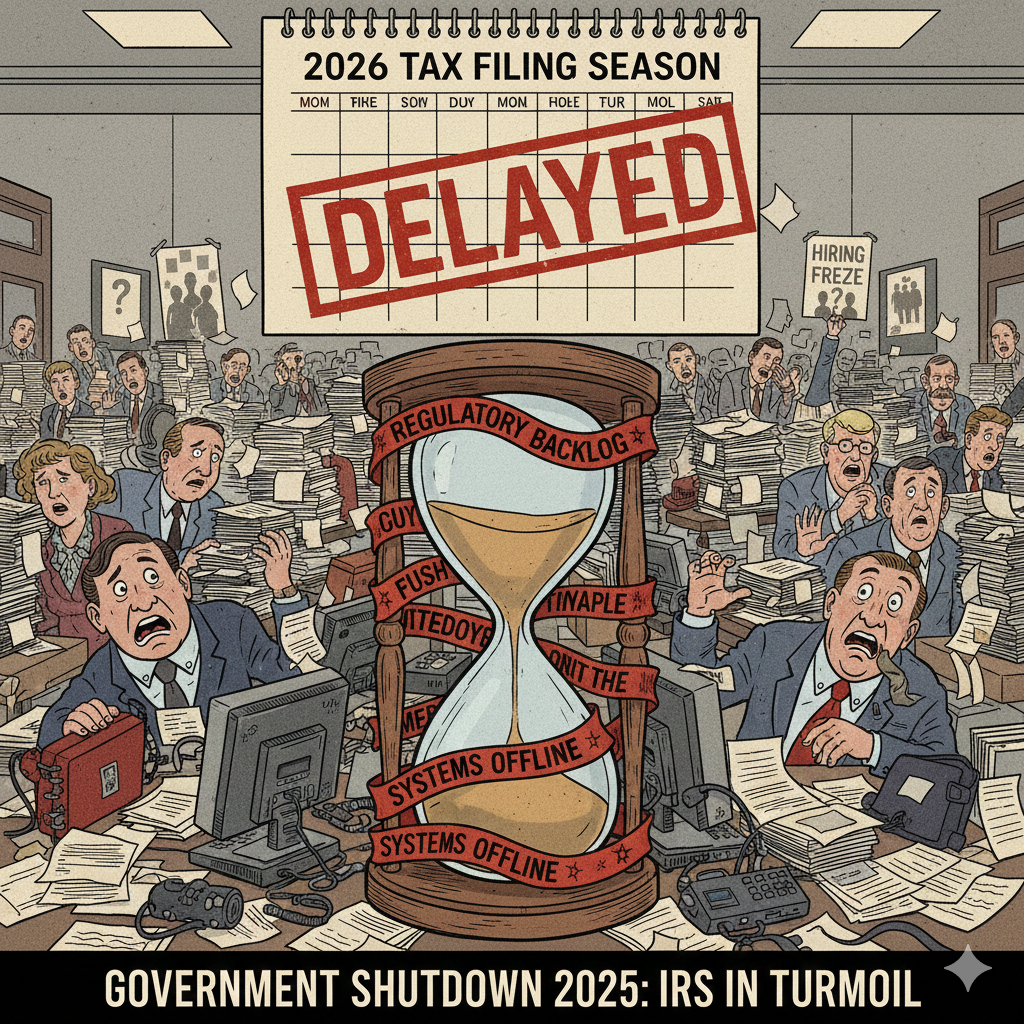
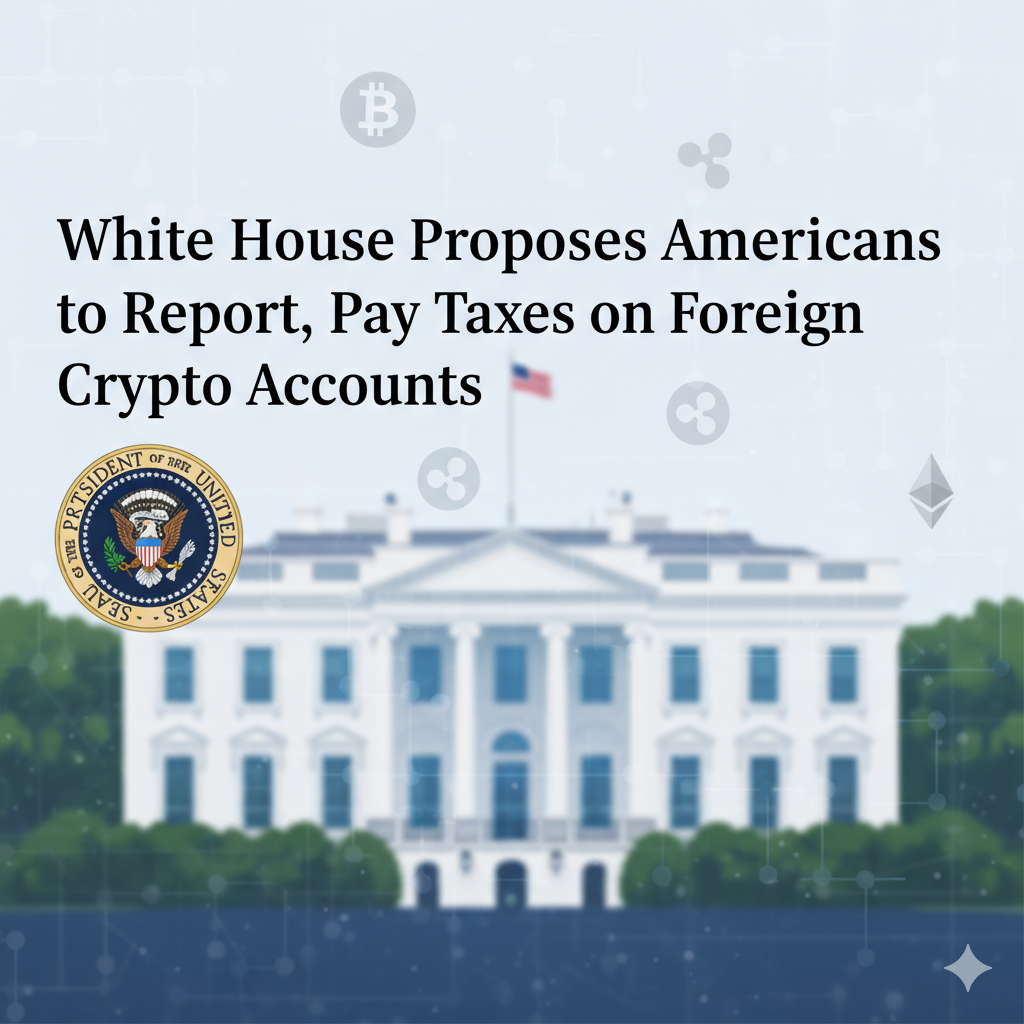
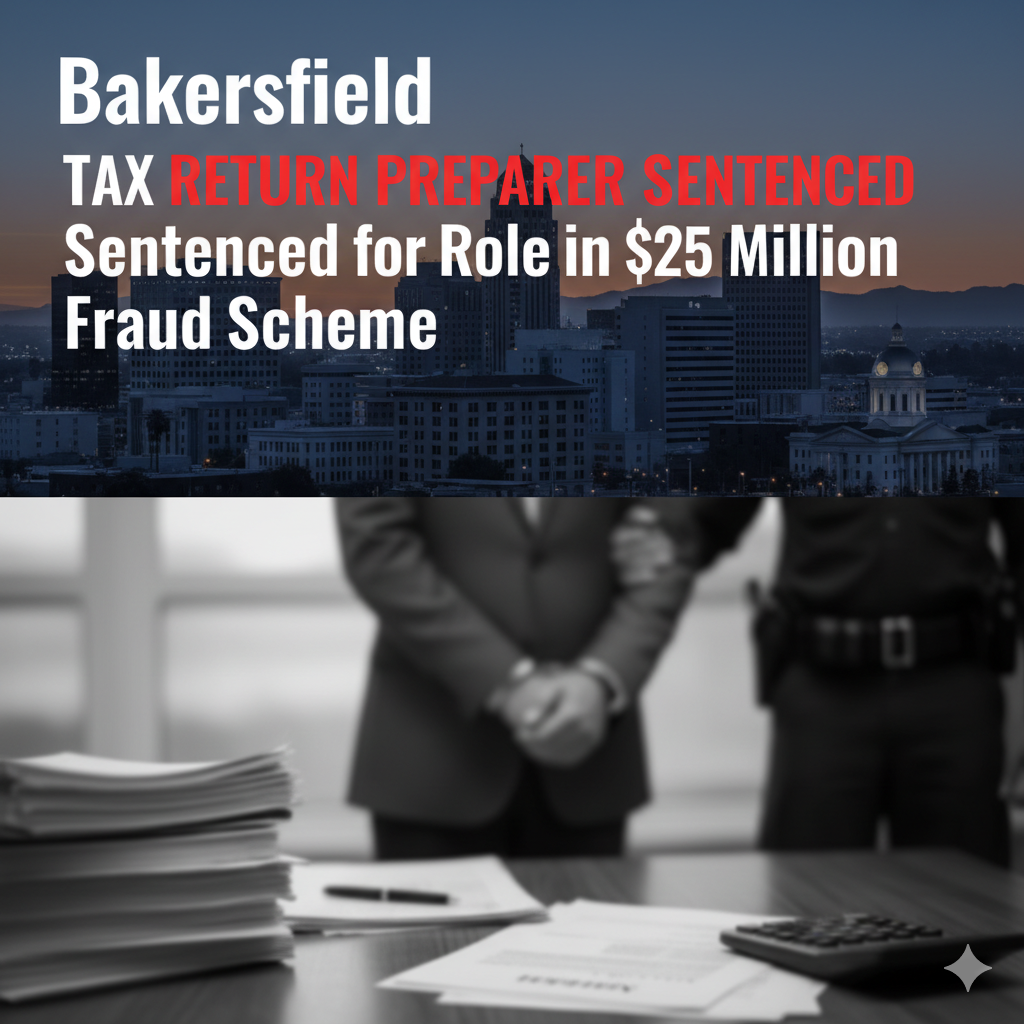
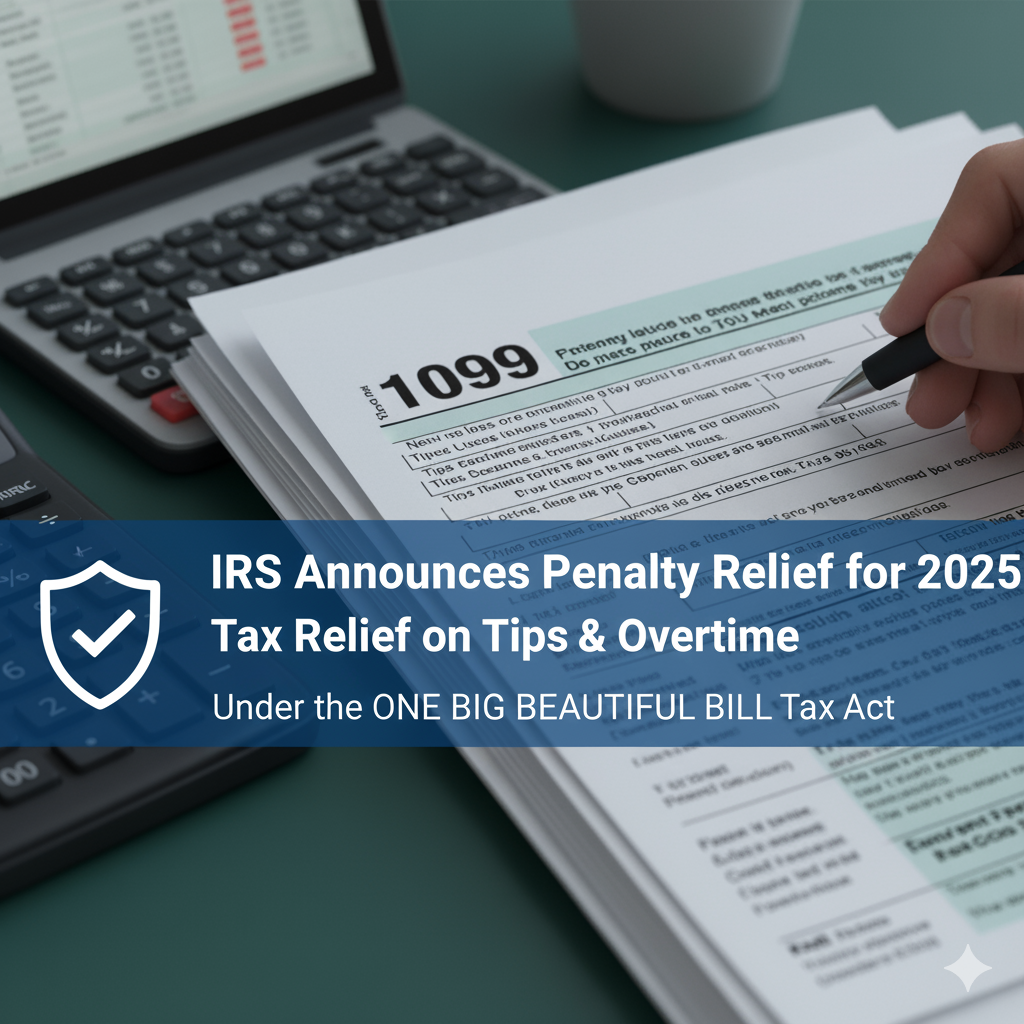
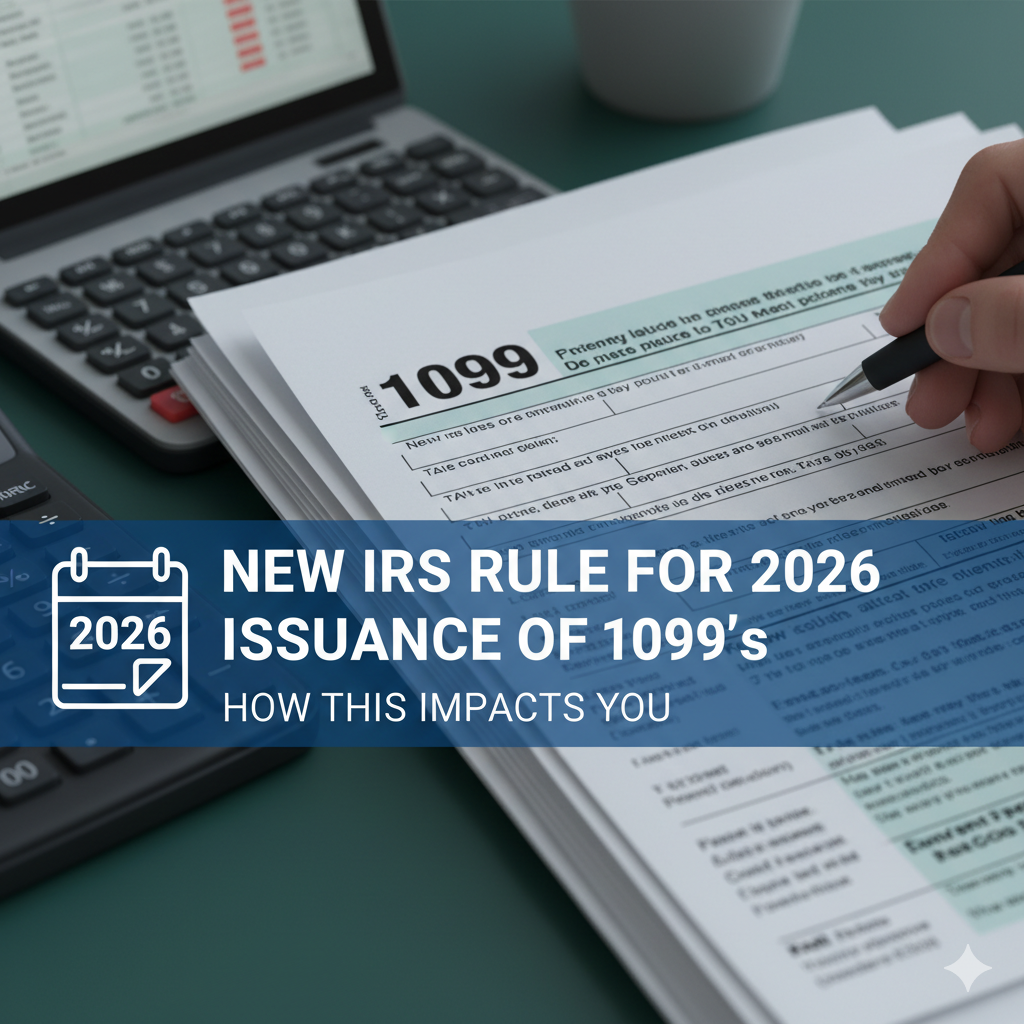
 Follow
Follow Follow
Follow